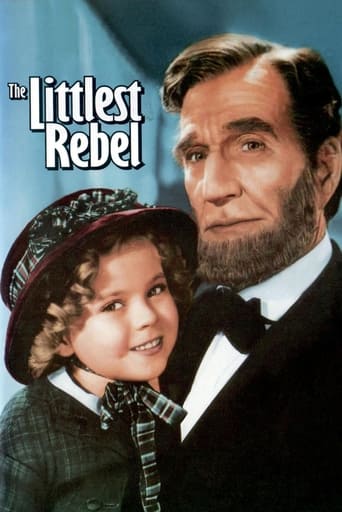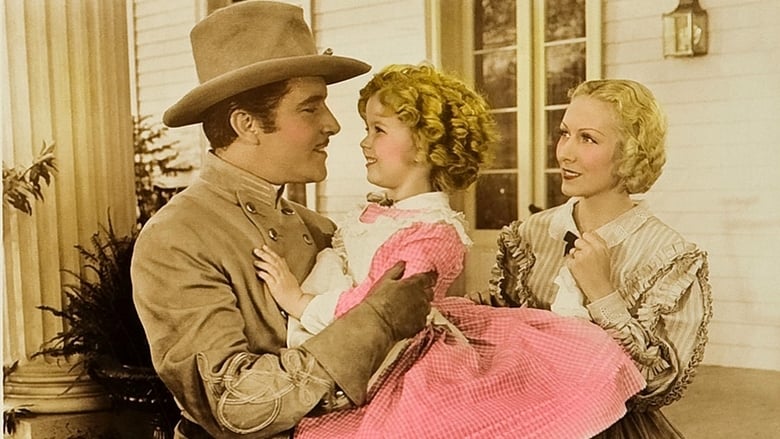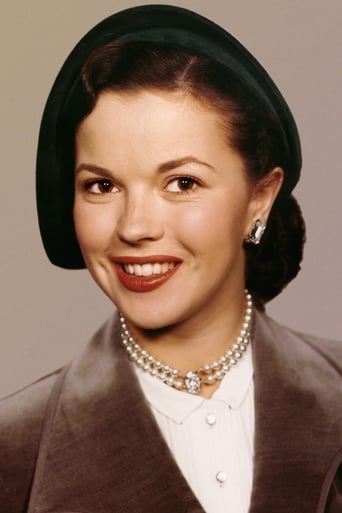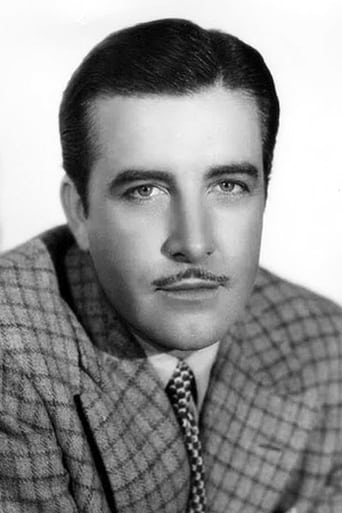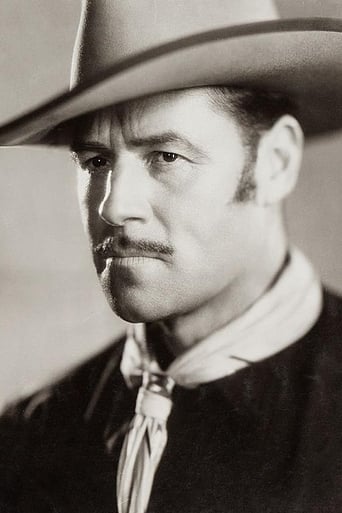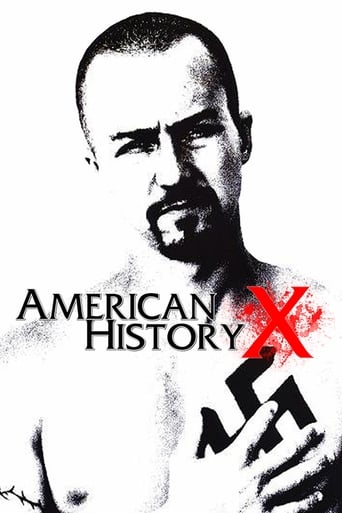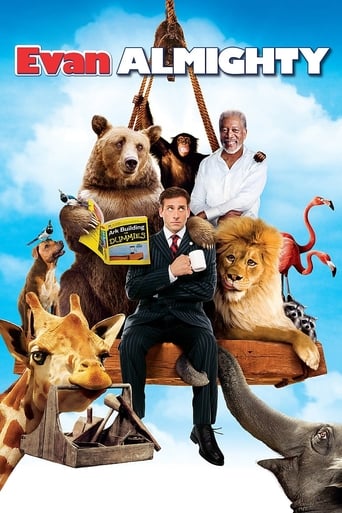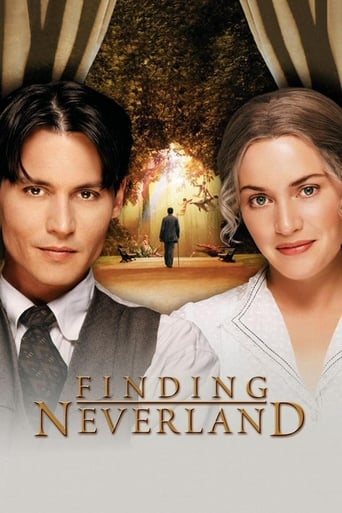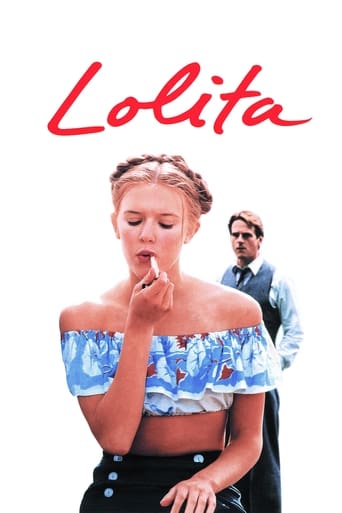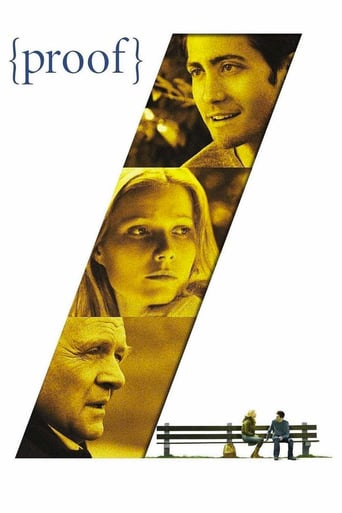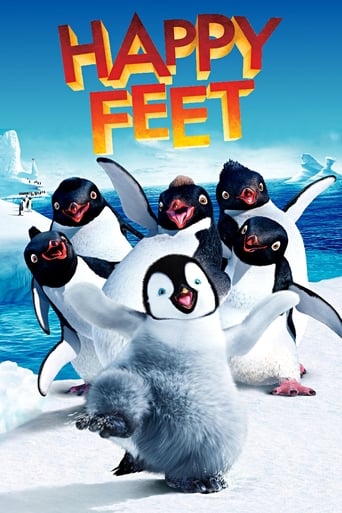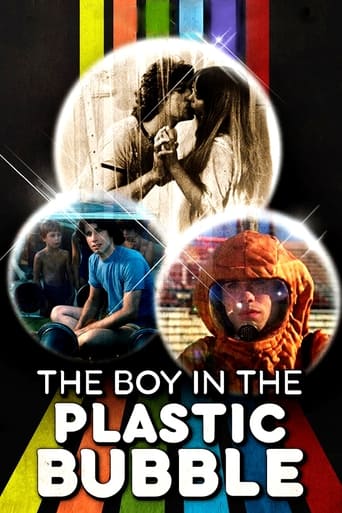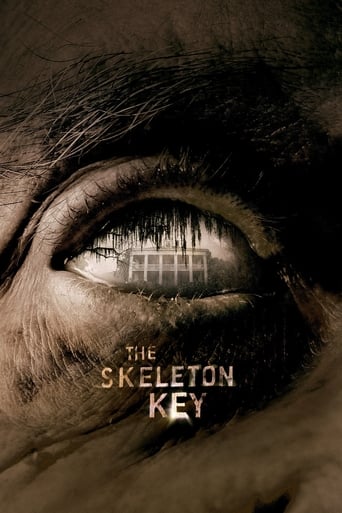The Littlest Rebel (1935)
Virgie Cary's father, a rebel officer, sneaks back to his rundown plantation to see his dying wife and is arrested. A Yankee officer takes pity and sets up an escape. Everyone is captured and the officers are to be executed. Virgie and Uncle Billy beg President Lincoln to intercede.
Watch Trailer
Cast


Similar titles
Reviews
Such a frustrating disappointment
Don't listen to the negative reviews
I am only giving this movie a 1 for the great cast, though I can't imagine what any of them were thinking. This movie was horrible
There's no way I can possibly love it entirely but I just think its ridiculously bad, but enjoyable at the same time.
That's the big question here. In 2011 (or so), can a viewer get past the racism still present in films in 1935 to enjoy an otherwise rather pleasant movie starring 20th Century Fox's financial savior -- Shirley Temple. From the very start of the film, the racism in the way the Negroes (the term primarily used in 1935 American life) were portrayed is deplorable. It reminds me of Bing Crosby's "Abraham" number, which he does in black-face, in "Holiday Inn"...an otherwise delightful film...what were they thinking????? To be honest, in this film, the racism is so pervasive that I can't get past it. Willie Best's character, in particular, is portrayed in the worst possible light.On the other hand, though still a slave in the film, the dance performances of Bill "Bojangles" Robinson here shows what a remarkably talented individual he was. However, his most memorable dance performance with temple -- the tap dancing on the stairs (a routine he only taught to two people, one being Temple) -- is in another Temple film ("The Little Colonel"). Nevertheless, it is Robinson's performances here that are the real treasures of this film.The plot (and the happy ending), though somewhat predictable, is quite good, as are performances by John Boles and Jack Holt as military men on opposite sides. But, once again falling into the racism of the 1930s, Shirley Temple does have to end up in black-face. Shame, shame, shame. The scene with Abraham Lincoln and Shirley Temple is quite memorable.If it weren't for the over-the-top racism in this film, I'd give it a "7", because for a 1935 film, the production standards were quite high. But, due to the racism here, I'll demote it to a "4".
Awesome tap dancing but really racist. Shirley Temple in blackface? All the little slave girls stammering with affection wanting so badly to give the white master's daughter a birthday present? This movie completely propagates the myth of the benevolent slave-holder. Also the James Henry character is portrayed with such a low IQ its surprising that he can breathe, every scene he is in seems to be prompting the audience to chuckle along at the "ignorant negro". Also, Shirley Temple is weirdly sexualized in this movie. There are scenes where at least three different adult males are nestling so closely face to face with the little girl that it is CREEPY. This movie was recently shown on TCM (Turner Classic Movies),which also just showed "Birth of a Nation" which I think they should change their name to RCM: Racist Cracker Movies, because they show films like these on their network (ergo implying that they are "classic", whatever that means) without preluding them with any critical discussion on the representation of racial dynamics in the films.
The portrayal of the Civil War is quite good, but the issue of the treatment of slaves isn't bad here. John Boles and Karen Morley (as Mr. and Mrs. Cary) apparently have about as good a rapport with their slaves as one would expect. Both do an excellent job, but Shirley Temple always steals the show. Willie Best is silly as usual (I've seen him be that in several films, so the "dumb slave" stereotype he seems to get is merely comic relief--and I'm not being racist, I think he's wonderful!). Billy "Bojangles" Robinson gets the most spotlight besides Shirley, with John Boles close behind. Boles plays a well-known Confederate spy, but is fascinating when he's quick-thinking and authoritative, and so tender with Shirley--a bit similar to those that "Uncle Billy" has with her. Jack Holt is also noteworthy as a principled Yankee out to capture Cary (as are many more Yanks), but is tender-hearted when he meets Shirley that when her Dad is discovered in his own Yankee uniform, takes a big risk and gives Cary a pass for Shirley to get to Richmond. Cary says he'll never let her out of her arms again, and Colonel Morrison (Jack Holt) said, "I don't think my country expects me to make war on babies." The value placed on human life here is plain in those two lines.
Where to start...?Made in 1935, this bizarre story of the Civil War is told upside down. It's difficult to imagine what the studio was thinking when it made this film. I wonder what the movie-going public thought at the time. I can't imagine people north of the Mason-Dixon line would have appreciated it very much. Perhaps the studio was pandering to a Southern audience who was still smarting from the reality that their way of life was forever altered by the Civil War--and this film recreates (or perpetuates) a fantasy of the South's lovely, gentile way of life, in which everyone knew his place, and it all worked just fine. In any case, in this movie, confederates and white Southerners are depicted as noble, intelligent, kind, good, and very much entitled to owning slaves. They are presented as quick-witted, distinguished, and morally superior to the Northerners. Not one of them has a Southern accent. Northerners/Yankees, on the other hand, are made out to be dumb, vulgar, cruel, and inhumane--inexplicably oppressing the kindly Confederates. As viewers we're astonished when one of the bedeviled Northern Aggressors (some Southerners *still* in 2005 refer to the Civil War as the War of Northern Aggression) cuts Shirley's father a break and helps him out.The slave characters are drawn 2 ways. The first is being so numb-skulled, mush-mouthed, and knuckle-dragging as to appear mentally retarded--and it's clear that this grotesque caricature is supposed to be screamingly funny. It's not. It's stomach-churn-caliber material.The second way slaves are depicted is just brimming with love for their massahs, beside themselves with delight in their obedience to them--and even worse, trying to subvert the bad Yankees, since the slaves don't want to be freed.Shirely Temple's black face disguise, her masquerading as a "pickinniny" (a small black slave child) is one of the more repugnant things I've ever seen in a movie.Almost as bad is her character's regard for the slaves as idiot children--scolding them when she sees them stepping out of line (shaking her adorable little finger at them) and alternately treating them like her cute little pets.A very uncomfortable film to watch. And aside from the dreadful racist historical context--oddly enough--Shirley Temple is quite glorious and the musical numbers are lively and fun.

